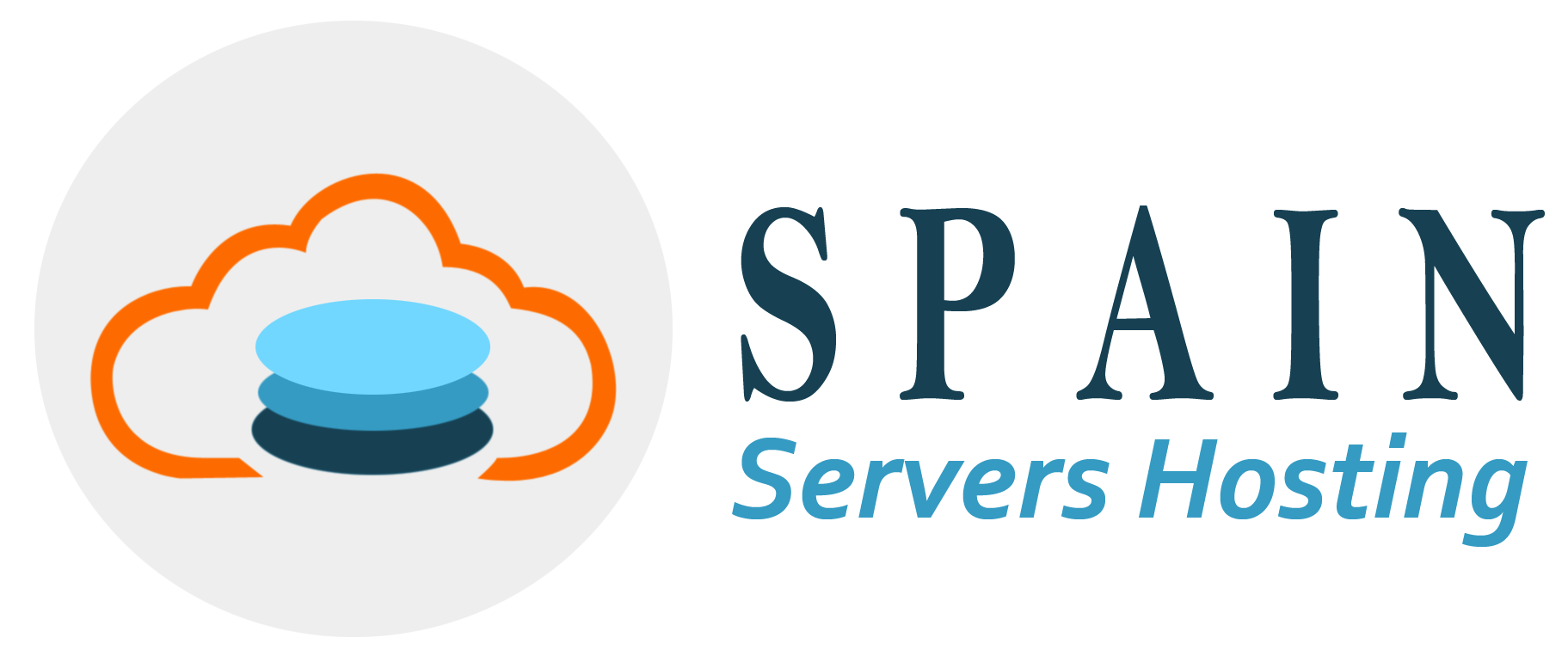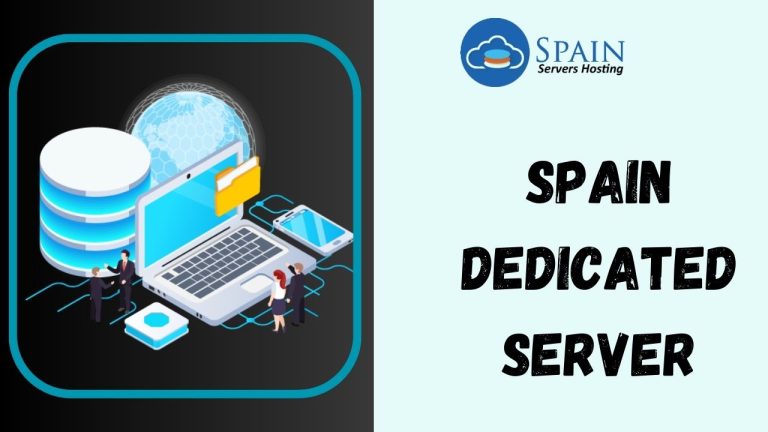Get Spain Dedicated Server Performance at Lowest Price

A Dedicated Server is a hosting solution that provides exclusive use of an entire physical server to a single user or organization. Unlike shared hosting or virtual private servers (VPS), where resources are shared among multiple users, a dedicated server offers enhanced performance, control, and security. With a Spain Dedicated Server, you have complete control over the server’s resources, including CPU, RAM, storage, and network connectivity. This level of control allows you to optimize the server environment to meet your specific requirements, whether you’re hosting high-traffic websites, running resource-intensive applications, or managing large databases.
Features of Spain Servers Hosting
Our company offers a range of impressive features to enhance your hosting experience:
High-performance Infrastructure: Our hosting platform is built on robust infrastructure, including powerful servers and top-tier data centers in Spain. That ensures lightning-fast website loading speeds, reduced latency, and exceptional performance for your online projects.
Reliable Uptime: We understand the importance of keeping your website online and accessible to your visitors. That’s why Spain Servers Hosting guarantees a high uptime percentage, minimizing downtime and ensuring that your website remains operational around the clock.
Scalable Resources: As your business grows, your hosting needs may change. With our company, you have the flexibility to easily scale your resources. Whether you need additional storage, bandwidth, or computing power, our hosting plans allow for seamless scalability, accommodating your evolving requirements.
Dedicated Support: Our knowledgeable and friendly support team is available 24/7 to assist you with any hosting-related queries or issues. Whether you need help with server setup, troubleshooting, or advice on optimizing your hosting environment, our experts are just a call or message away.
Cost-effective Plans: We offers competitive pricing plans without compromising on quality. We strive to provide cost-effective solutions that cater to businesses of all sizes, ensuring that you receive exceptional value for your investment in hosting services.
Multiple Operating Systems: Choose from a variety of operating systems, including Windows and Linux, based on your specific requirements and preferences. Our flexible hosting environment supports various software and applications, allowing you to customize your server to suit your needs.
Easy-to-use Control Panel: Managing your hosting environment is made effortless with our user-friendly control panel. Access and control your server settings, applications, and databases with ease, empowering you to have full control over your hosting experience.
Tips and Tricks for Optimizing Your Server Performance
Certainly! Here are some tips and tricks to optimize the performance of your Spain Dedicated Server:
Regularly Update Software: Keep your server’s operating system, control panel, and other software up to date. Performance enhancements, fixes for problems, and security patches are frequently included in updates. Staying current with the latest versions helps ensure optimal performance and protection against vulnerabilities.
Utilize Content Delivery Networks (CDNs): Implement a CDN to distribute your website’s static content across multiple servers globally. CDNs cache content closer to your users, reducing latency and improving load times. This is particularly useful if your website has international visitors.
Optimize Database Performance: Databases can be a performance bottleneck. Ensure your database is properly indexed, and optimize SQL queries to minimize execution time. Regularly monitor and optimize database tables, remove unused data, and consider using database caching mechanisms like query caching or object caching.
Implement Load Balancing: If you have high-traffic websites or applications, distribute the load across multiple servers using a load balancer. Load balancing evenly distributes incoming requests, preventing any single server from becoming overwhelmed and improving overall performance and availability.
Optimize Website/Application Code: Review and optimize your website or application code to minimize inefficiencies. Use techniques like code caching, minification of CSS and JavaScript files, and lazy loading of resources to reduce page size and improve rendering speed.
Monitor and Analyses: Continuously monitor server performance using monitoring tools and analyse performance data. Identify patterns, detect anomalies, and use the insights to fine-tune server configurations, improve resource allocation, and optimize performance further.
Regularly Perform Maintenance: Perform routine server maintenance tasks such as disk defragmentation, log file management, and database optimization. These tasks help keep your server running smoothly and prevent performance degradation over time.
Security Considerations
Ensuring the security of your Storage dedicated server in Spain is crucial to protect your data and maintain the integrity of your server environment. Here are many security considerations to keep in mind:
Strong Passwords:
Use strong, unique passwords for all server accounts, including the root/administrator account, database accounts, and user accounts. Avoid common passwords and consider using a password manager to generate and securely store complex passwords.
Regular Updates and Patches:
Stay up to date with security patches and software updates for your server’s operating system, control panel, applications, and plugins. Attackers may take advantage of flaws in out-of-date software. Enable automatic updates, when possible, to ensure timely patching.
Malware Protection:
Install reputable antivirus and anti-malware software on your server. Regularly scan your server for malware and perform routine malware removal to detect and eliminate any potential threats.
Secure Remote Access:
Secure remote access to your server through protocols like SSH (Secure Shell) or VPN (Virtual Private Network). Disable remote login for the root/administrator account, use key-based authentication instead of passwords where possible, and restrict access to trusted IP addresses only.
Regular Backups:
Regularly back up your server data to an off-site location or to a separate server. This ensures that you have a copy of your data in case of server compromise or data loss. Test your backups periodically to ensure they are functioning correctly.
Security Auditing and Logging:
Enable server and application-level logging to monitor and track system activities. Regularly review log files for any suspicious or unauthorized activities. Implement a centralized log management system to streamline log analysis and detection of security incidents.






